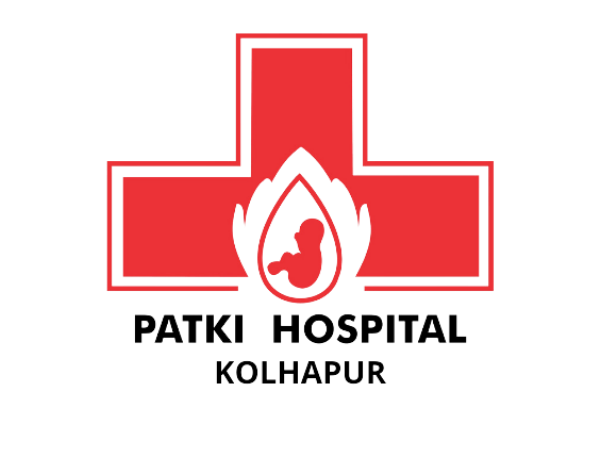When couples struggle to conceive, one of the most important steps in the diagnostic process is assessing ovarian reserve. At Patki Hospital, Kolhapur, a trusted name in infertility care, we often recommend a key blood test known as Anti-Müllerian Hormone (AMH). Understanding this hormone can help demystify fertility issues and guide effective treatment planning.
What is AMH?
AMH, or Anti-Müllerian Hormone, is a hormone produced by tiny follicles in a woman’s ovaries. These follicles house immature eggs, and the level of AMH in the blood gives an estimate of the number of these remaining eggs – a woman’s ovarian reserve.
How is AMH Related to Infertility?
AMH plays a critical role in fertility assessment:
Low AMH levels often indicate diminished ovarian reserve, meaning fewer eggs are left, which can make conception more difficult.
High AMH levels, on the other hand, might suggest conditions like Polycystic Ovary Syndrome (PCOS), where many follicles exist but may not mature properly.
Thus, AMH helps fertility specialists at Patki Hospital determine:
The right fertility treatment (e.g., IVF vs IUI)
The likelihood of response to ovarian stimulation
The urgency or timing for attempting conception or opting for egg freezing
When is the AMH Test Required?
Your doctor at Patki Hospital may recommend an AMH test if:
You’ve been trying to conceive for over 6–12 months without success
You’re considering IVF or other assisted reproductive techniques
You have irregular periods or PCOS
You’re over the age of 30–35 and planning to delay pregnancy
You are undergoing cancer treatment that may affect fertility
You wish to assess your fertility proactively
Are There Any Prerequisites for the Test?
One of the advantages of the AMH test is its convenience:
It can be done on any day of your menstrual cycle.
Fasting is not required.
No special preparation is needed – a simple blood sample is all it takes.
What if AMH is Low?
Low AMH doesn’t mean pregnancy is impossible – many women with low levels do conceive, especially with medical support. It may:
Suggest limited time for natural conception
Prompt early intervention such as IVF
Indicate the need to consider egg freezing or donor eggs in some cases
What if AMH is High?
High AMH may indicate:
PCOS, which can affect ovulation
A strong response to fertility medications (careful dosing is needed)
A potentially higher egg yield in IVF, though quality assessment is also vital
Expert Care at Patki Hospital, Kolhapur
At Patki Hospital, we combine advanced fertility diagnostics with compassionate care. Whether you are just beginning your fertility journey or exploring assisted reproduction, our team ensures that every test, including AMH, is part of a personalized and holistic treatment plan.
Ready to take the next step?
Call us or visit www.patkihospital.com to schedule a consultation with our fertility experts.
